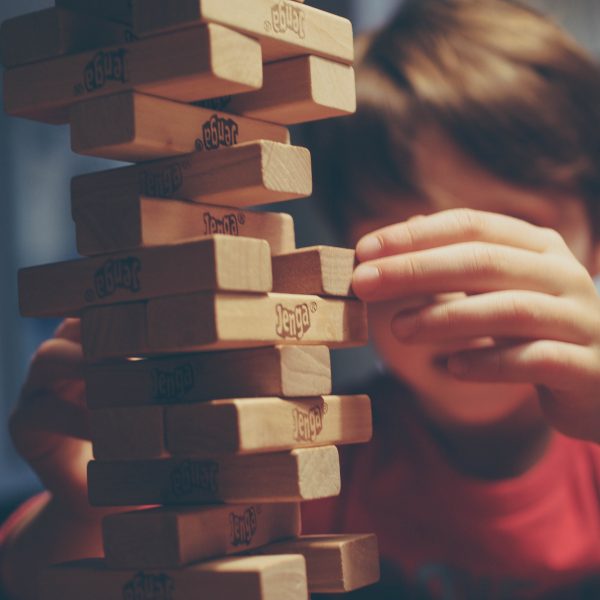City of Melbourne study looks at preschool environment

The City of Melbourne recently delivered a pilot project, to examine age appropriate ways of promoting respect and equity among young children, in pursuit of promoting respect and equity between genders of all ages, and supporting a reduction in the high levels of violence against women and children in its communities. The evaluation of the study, alongside fact sheets and a literature review, has been made available online.
The project,Building Respect and Equity among Young Children, was the first of its kind in Victoria. It trialled and evaluated a program in an unnamed children’s centre, designed to promote respect and gender equity in preschool children. Held over a four month span, the project involved 24 children, their parents and their educators, and included a scan of the preschool learning environment, noting books, equipment and resources which either encouraged or discouraged respectful relationships, and noting those elements in the environment which reinforced gender stereotypes.
Reviewing the books in the room, for example, gleaned that whilst there were many positive messages in the books for children around empathy, kindness and helpfulness, the books typically had male lead characters, or described girls as “pretty”. Physical resources, such as human body kits, depicted the human body as male.
The basis of the program was global research, which indicates that some of the key drivers of violence against women are the structures, attitudes and behaviours that reflect disrespect for women and the acceptance of stereotypical gender roles and norms, and that these begin in early childhood.
Delivered in 2017, with evaluation and recommendations being published late in 2018, the project involved the co-design and delivery of an educational and awareness program with parents, educators and children, which drew on experts from Australian National University, University of Melbourne, and Victoria University to support the initiative.
Key findings from the pilot noted that at the conclusion of the pilot:
- children played with a wider variety of toys and equipment and were more accepting of other children who didn’t follow gender stereotypical behaviours
- educators had a deeper understanding of how gender played a role in how children related to each other
- parents and carers involved expressed a desire for their children to have the same opportunities and experiences in life regardless of their gender
- Children reported they were less likely to use aggressive behaviour to deal with a challenging situation
- Parents noted no change in their children’s toy preferences, media consumption, behaviour, or ideas about gender roles
Findings from the Building Respect and Equity among Young Children: Pilot Project Report and Recommendations highlight the importance of those providing services to children making a long term commitment to violence prevention through challenging gender stereotypes, and building children’s social skills, the City of Melbourne said.
Popular

Workforce
Policy
Quality
Practice
Provider
Research
ECEC must change now, our children can’t wait for another inquiry
2025-07-02 07:47:14
by Fiona Alston

Workforce
Practice
Provider
Quality
Research
Supporting successful transitions: Big moves, big feelings
2025-06-26 11:00:30
by Fiona Alston

Workforce
Policy
Quality
Research
Inclusive Practice Framework set to strengthen inclusion in early childhood settings
2025-06-24 11:37:00
by Isabella Southwell













